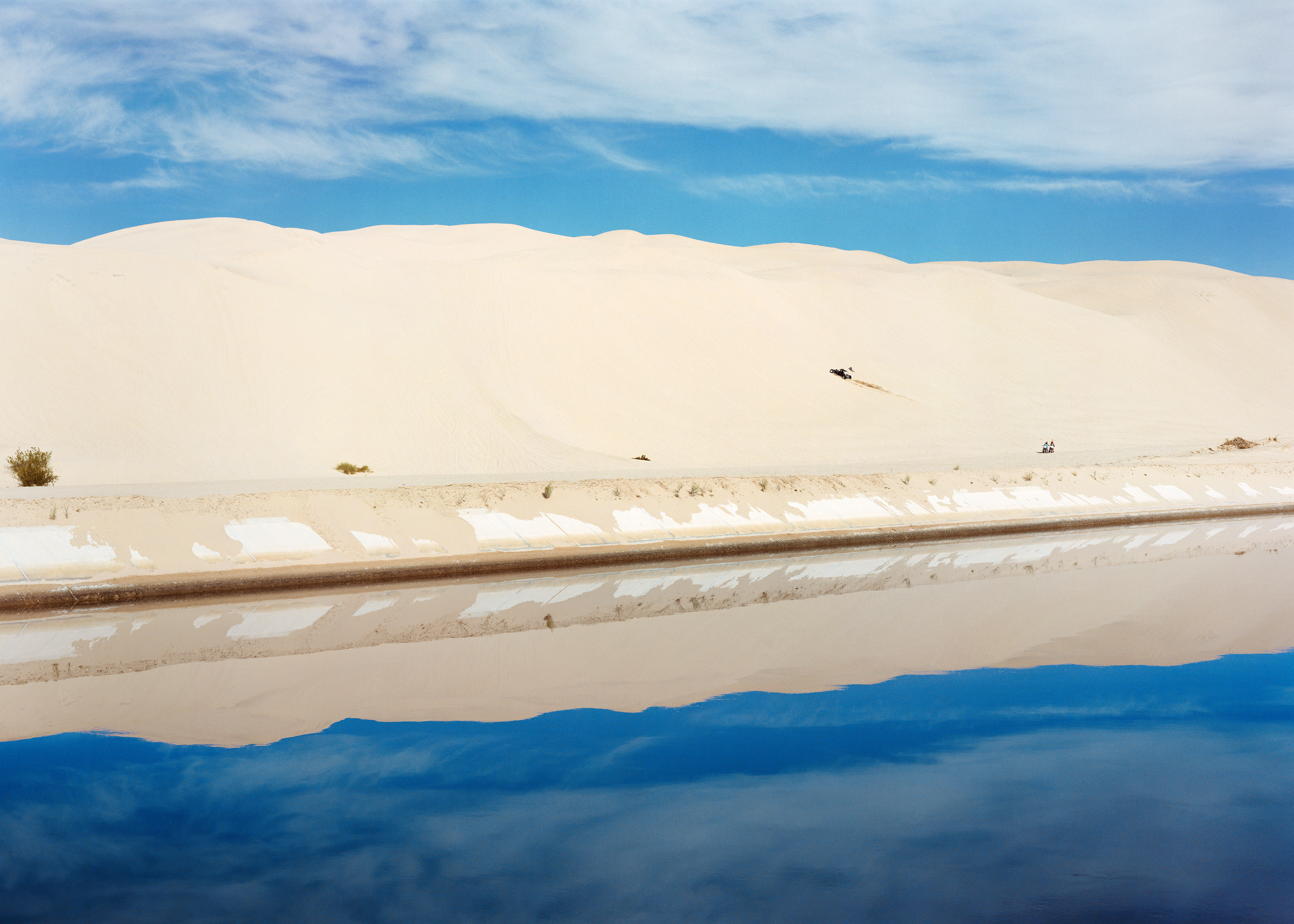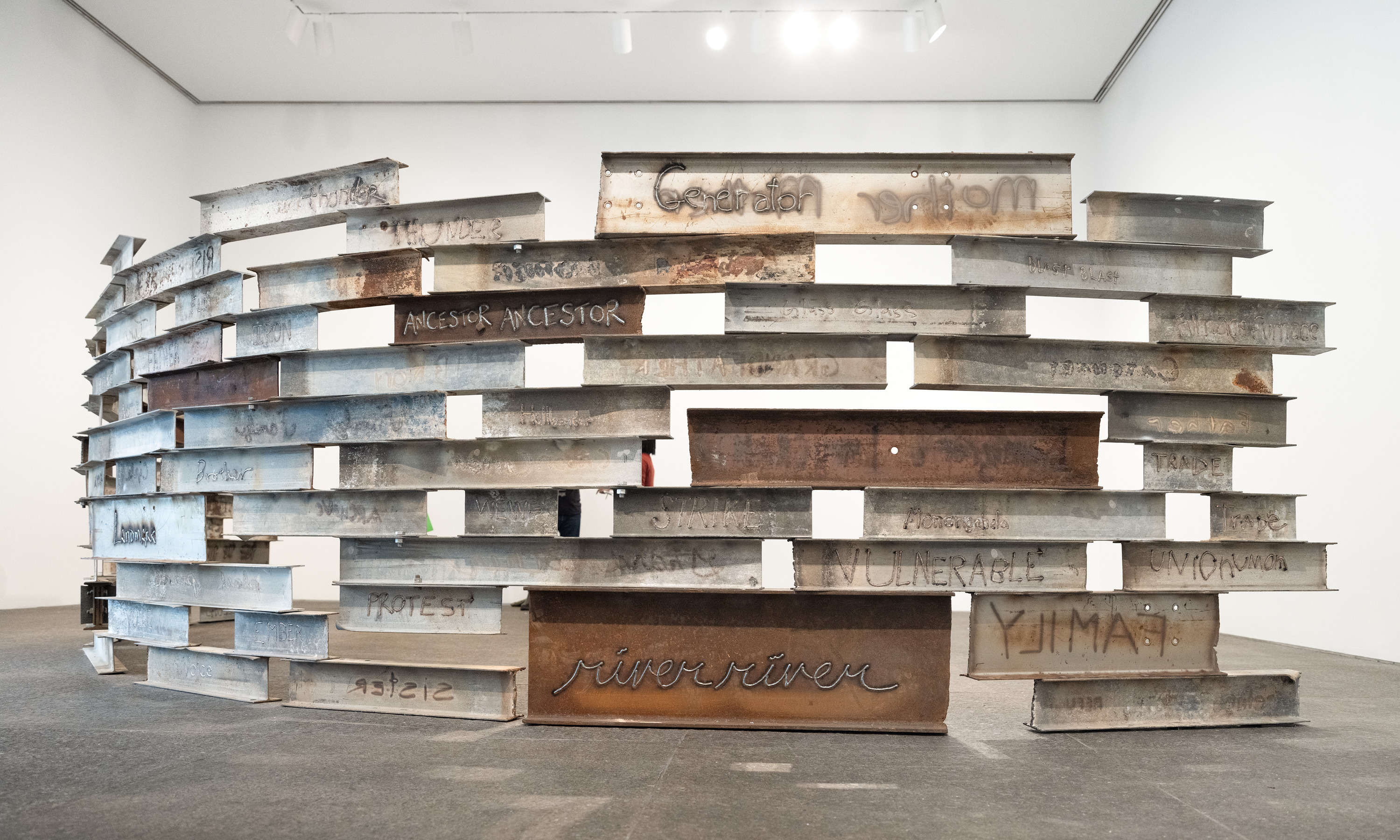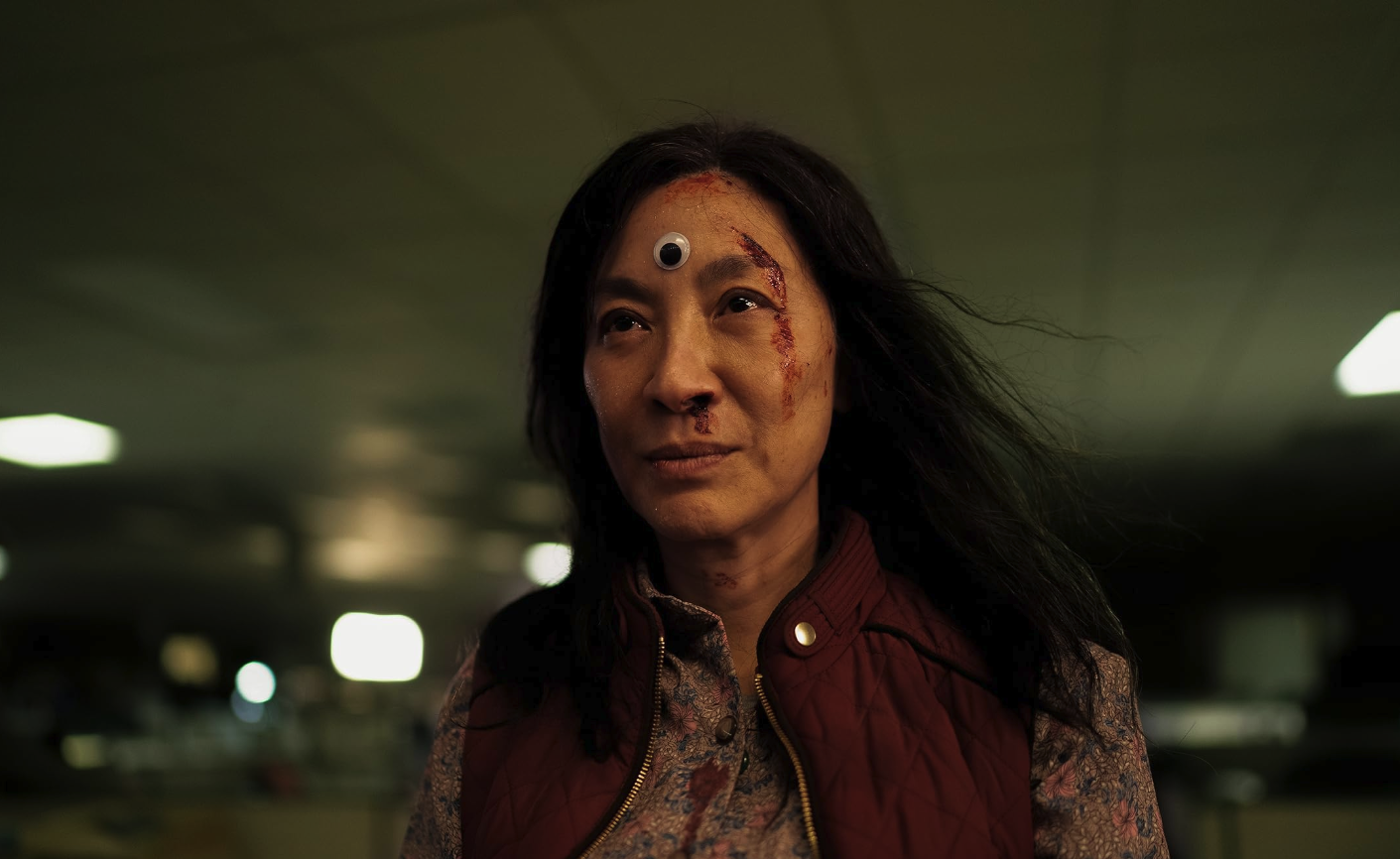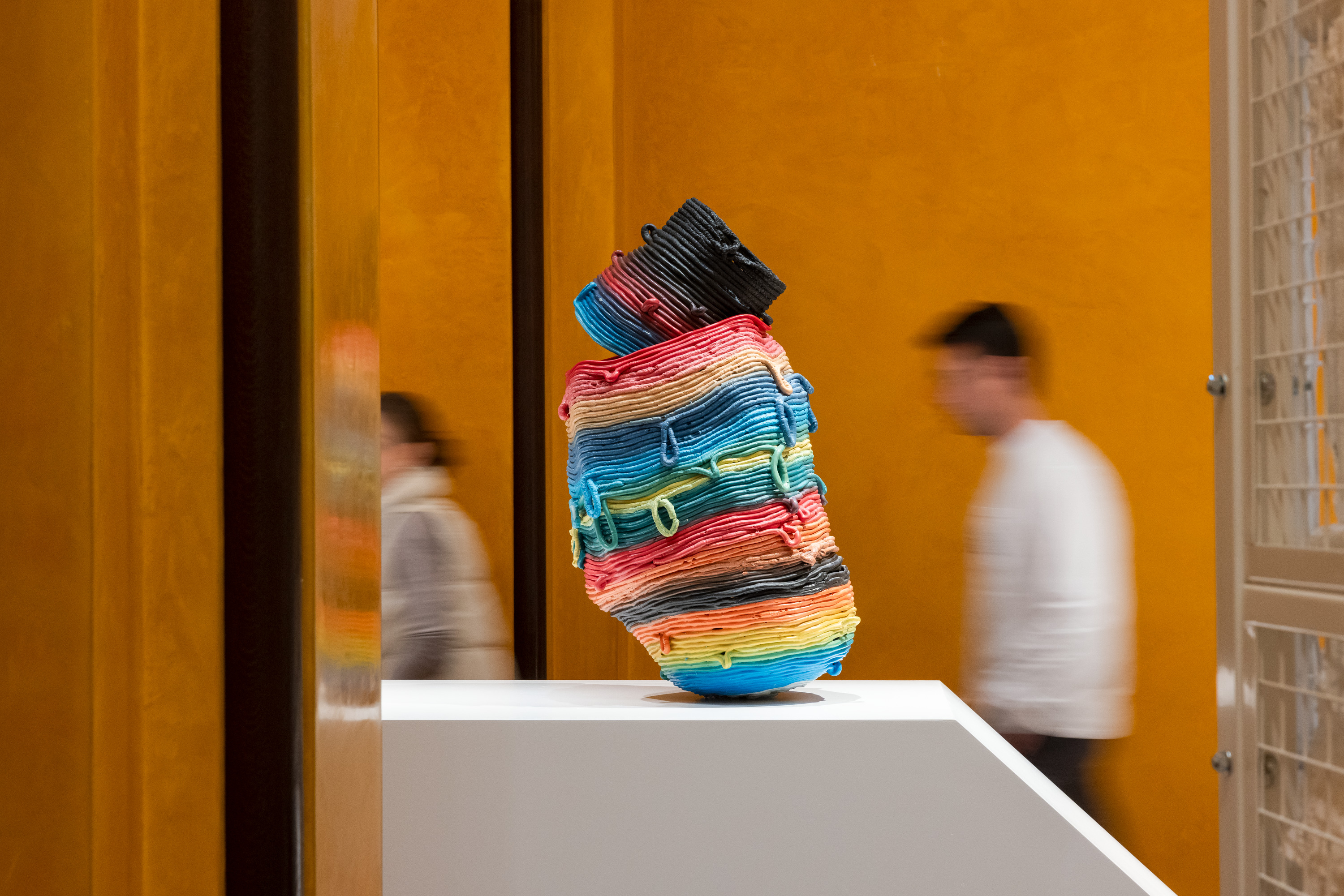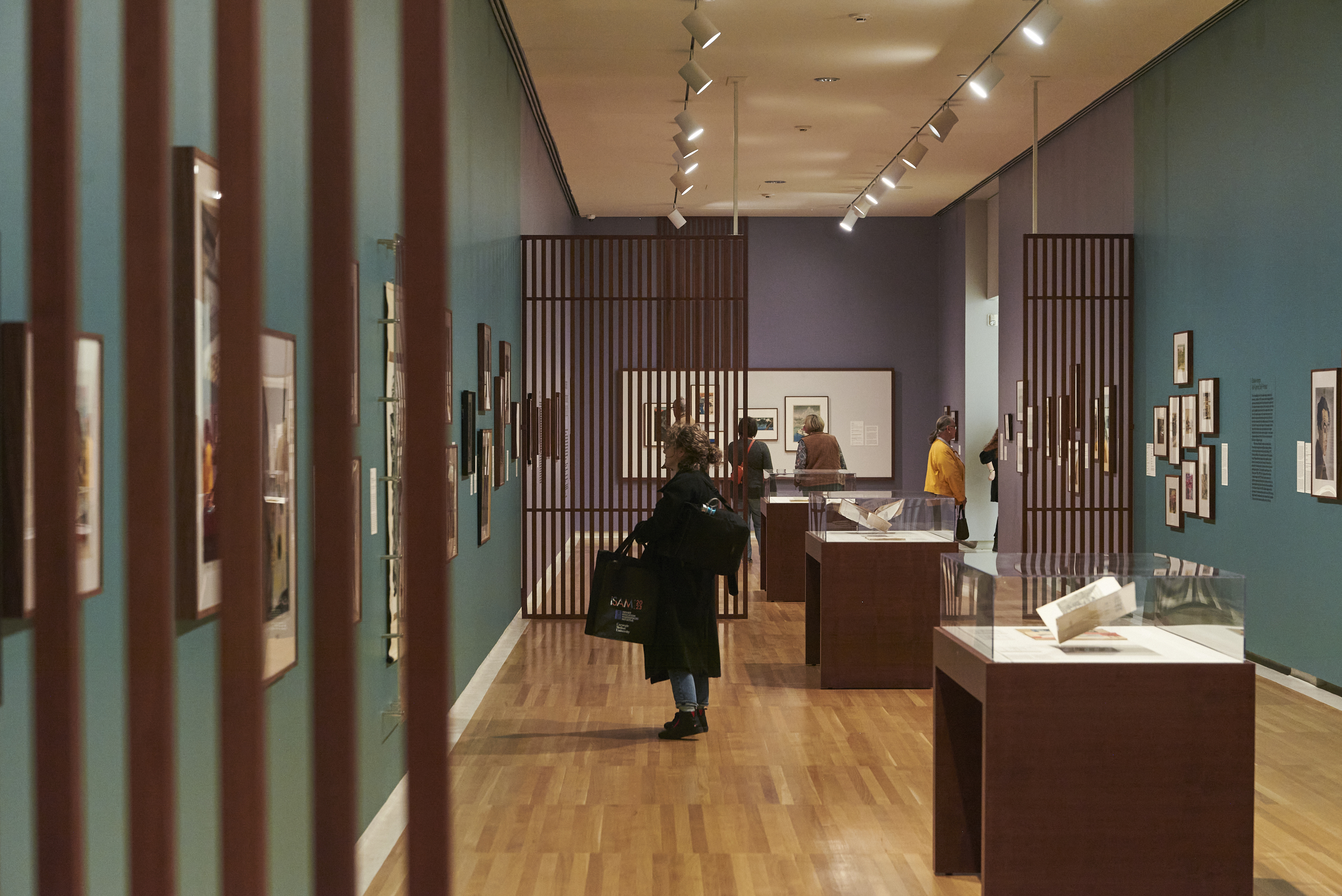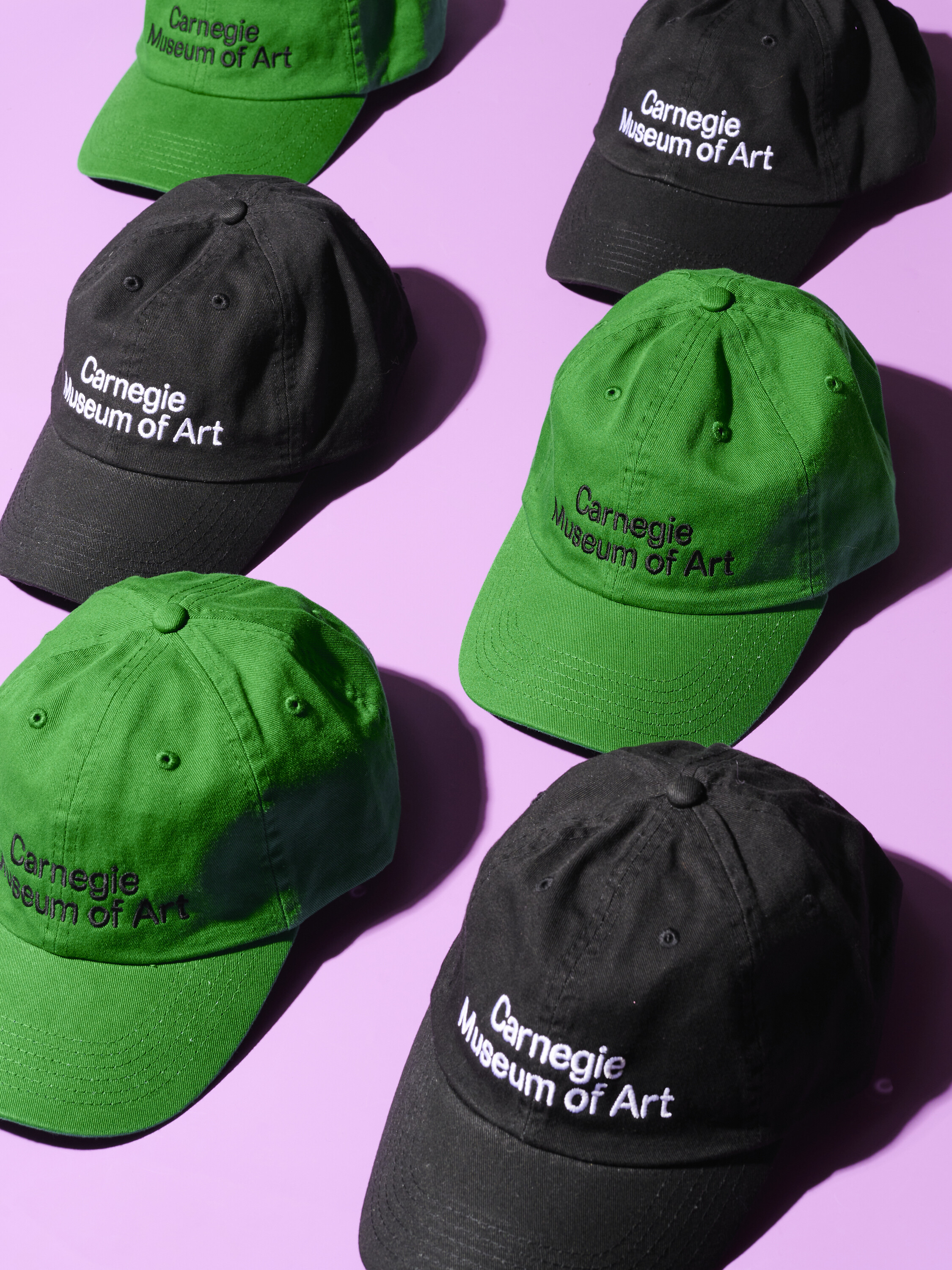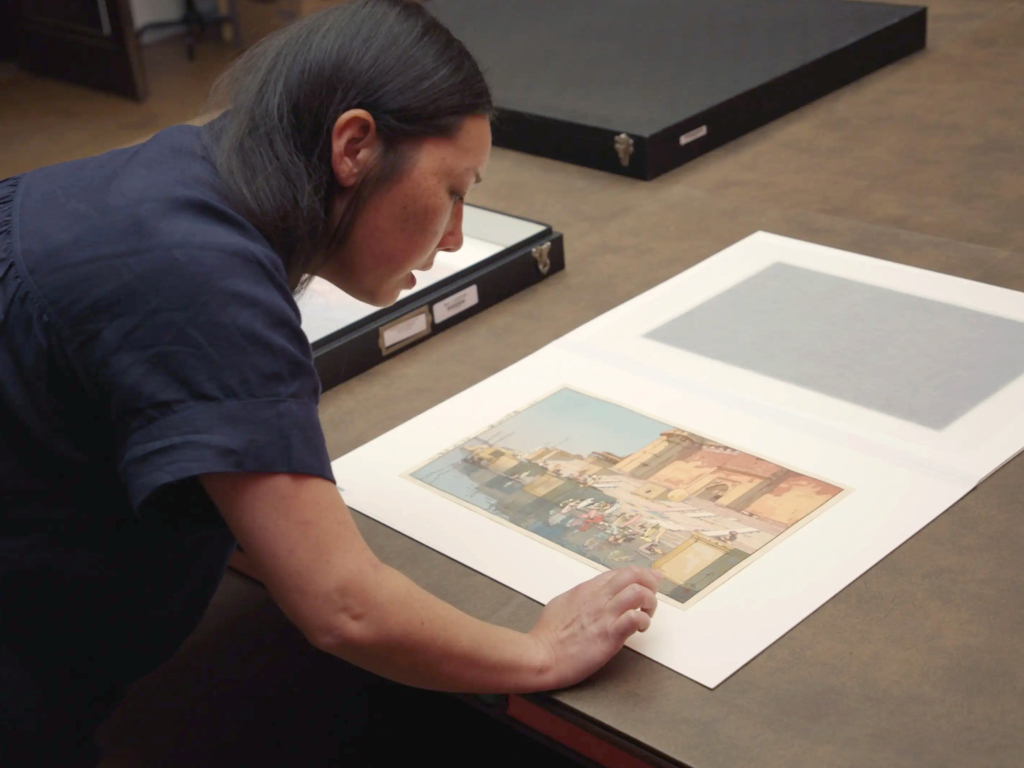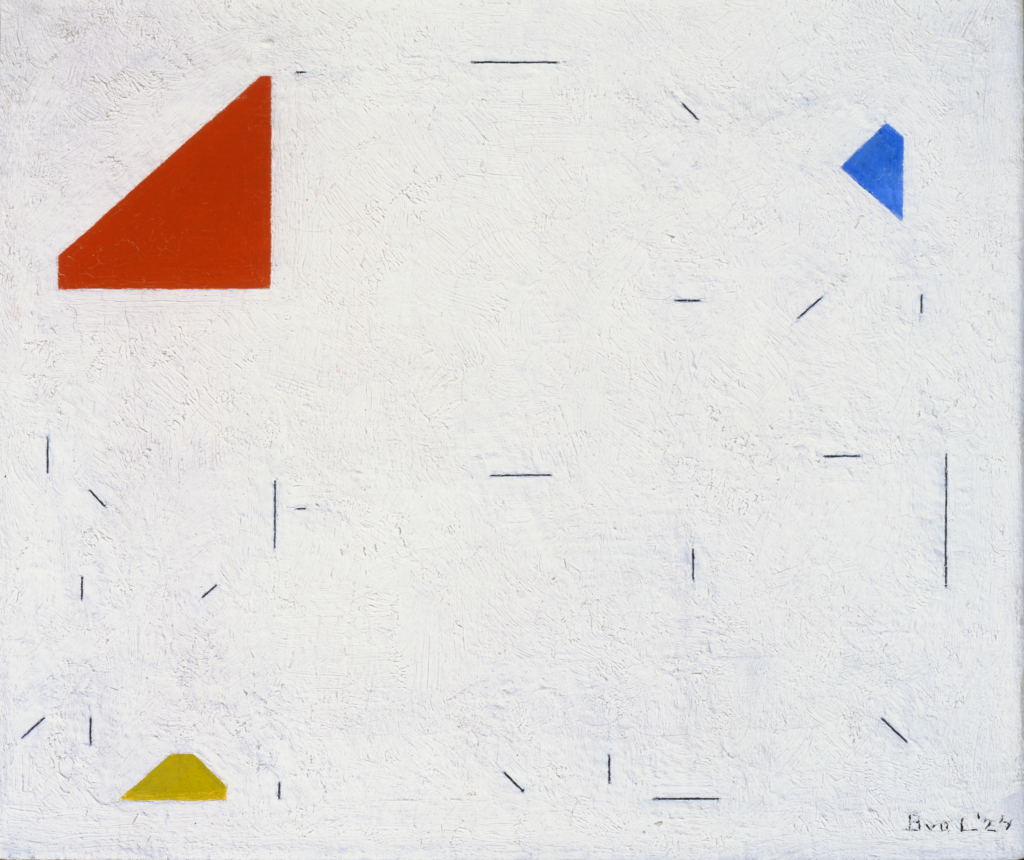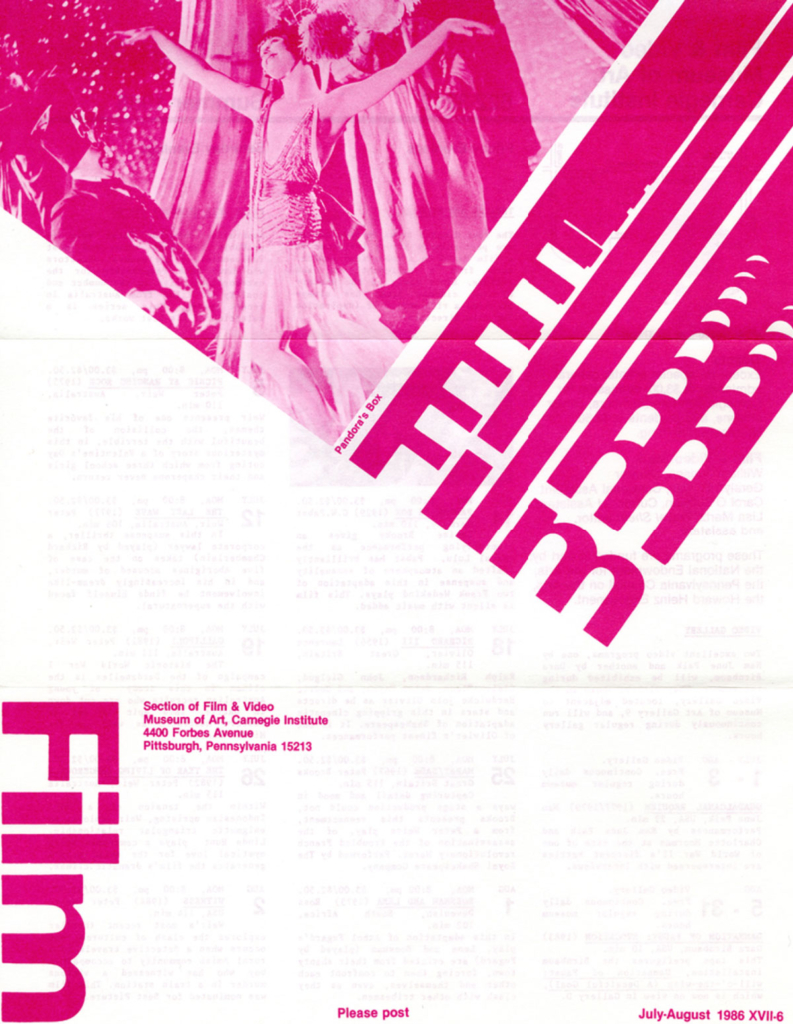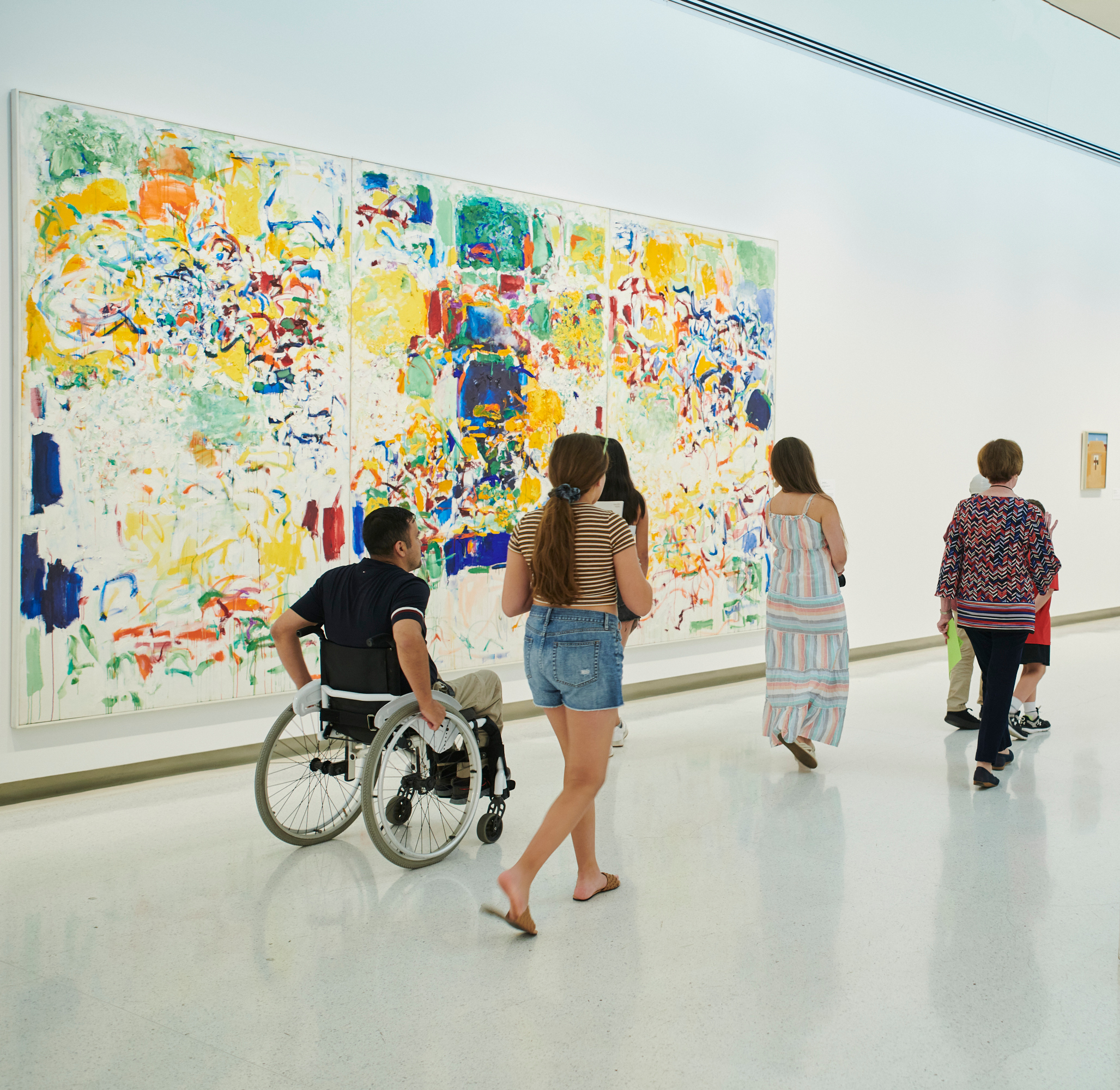Art to Encounter View All →
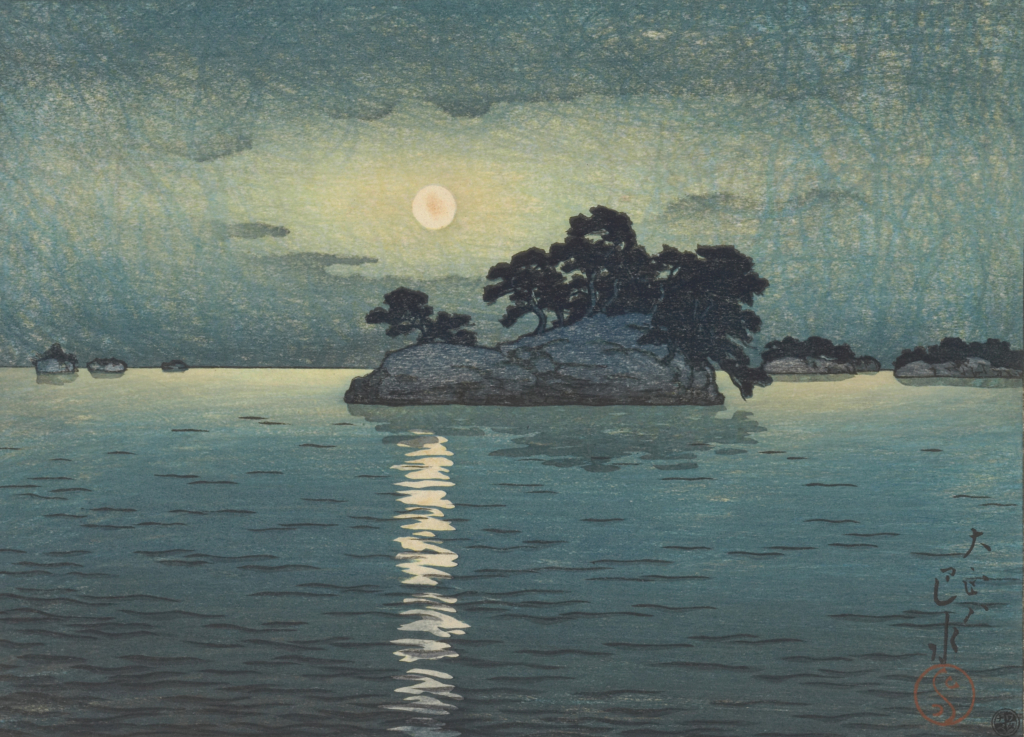
On view through May 12, 2024
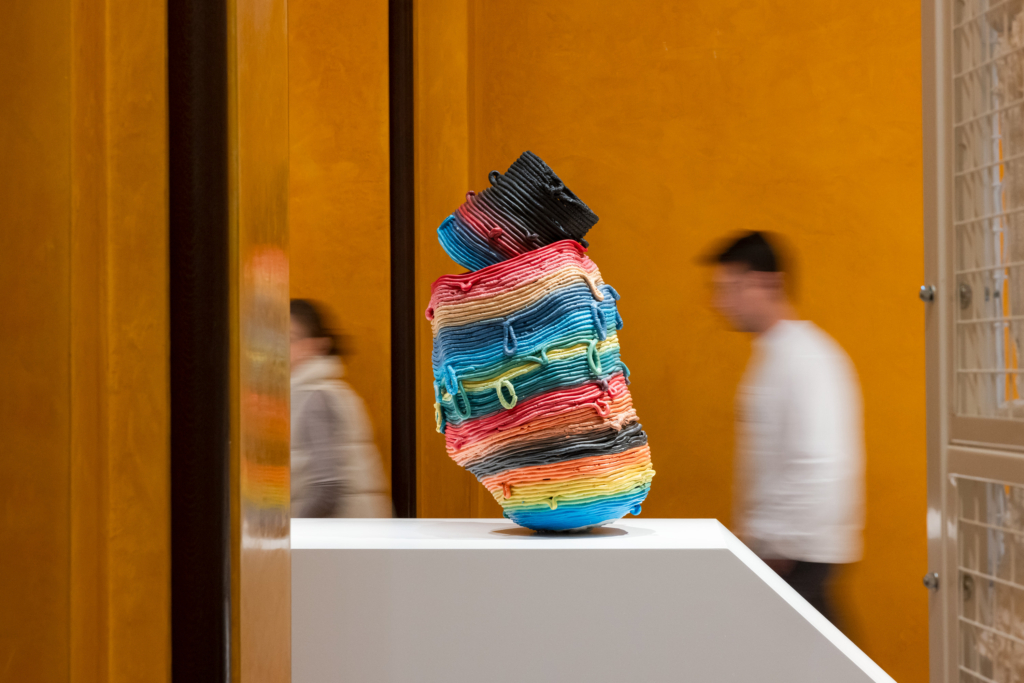
On view through July 21, 2024
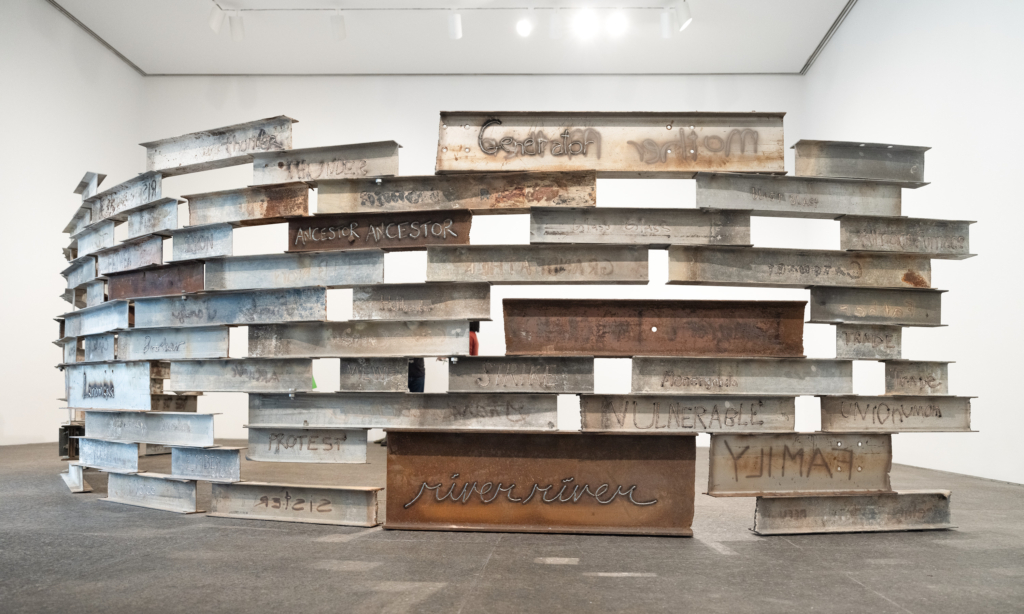
On view through Sept. 22, 2024
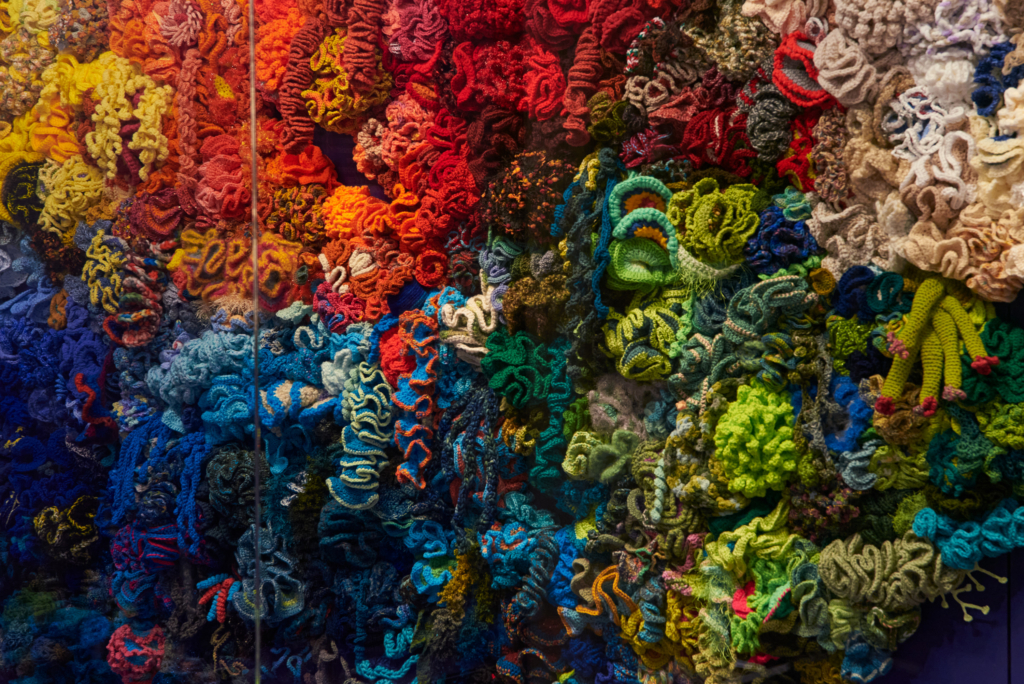
On view Through Jan. 26, 2025
Skip the Line 🎟 Get Your Tickets Now 🎟
What’s Happening View All →
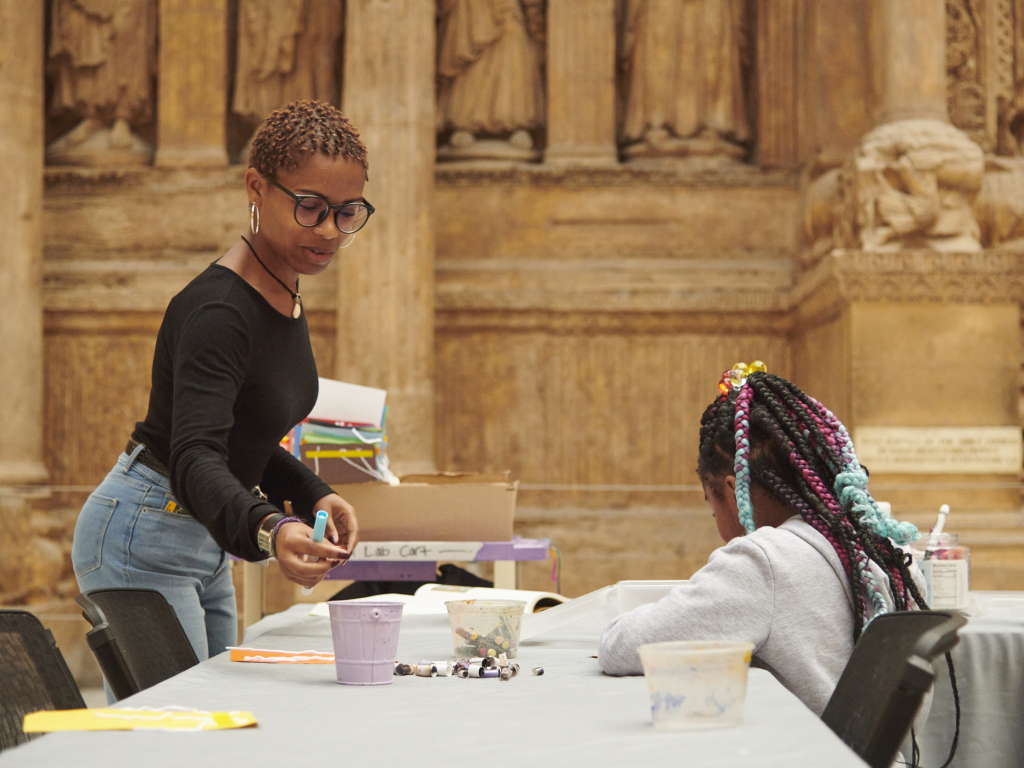
Sat., May 4, 11 a.m.
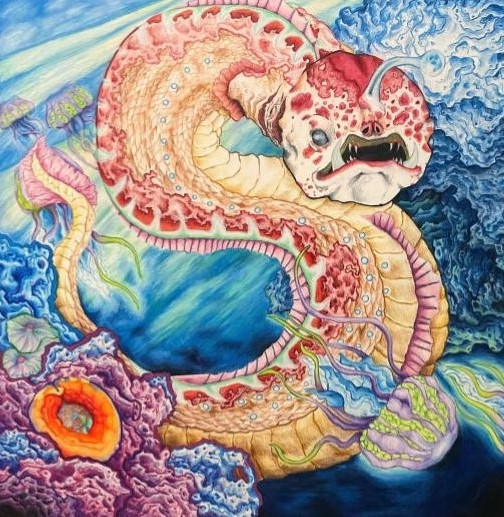
Sat., May 4, 11 a.m.
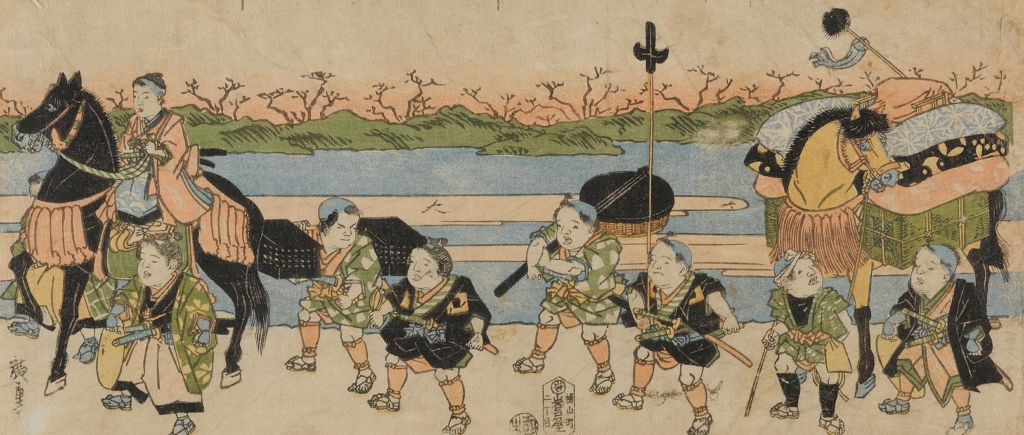
Sun., May 5, 12 p.m.
Wed., May 8, 9 a.m.
Ways to Learn
Visit our online resource library to read, watch, and listen!
The created language emerges from the depths of each metal surface.
Art in Your Inbox 📧 Sign Up For Our Newsletter 📧
